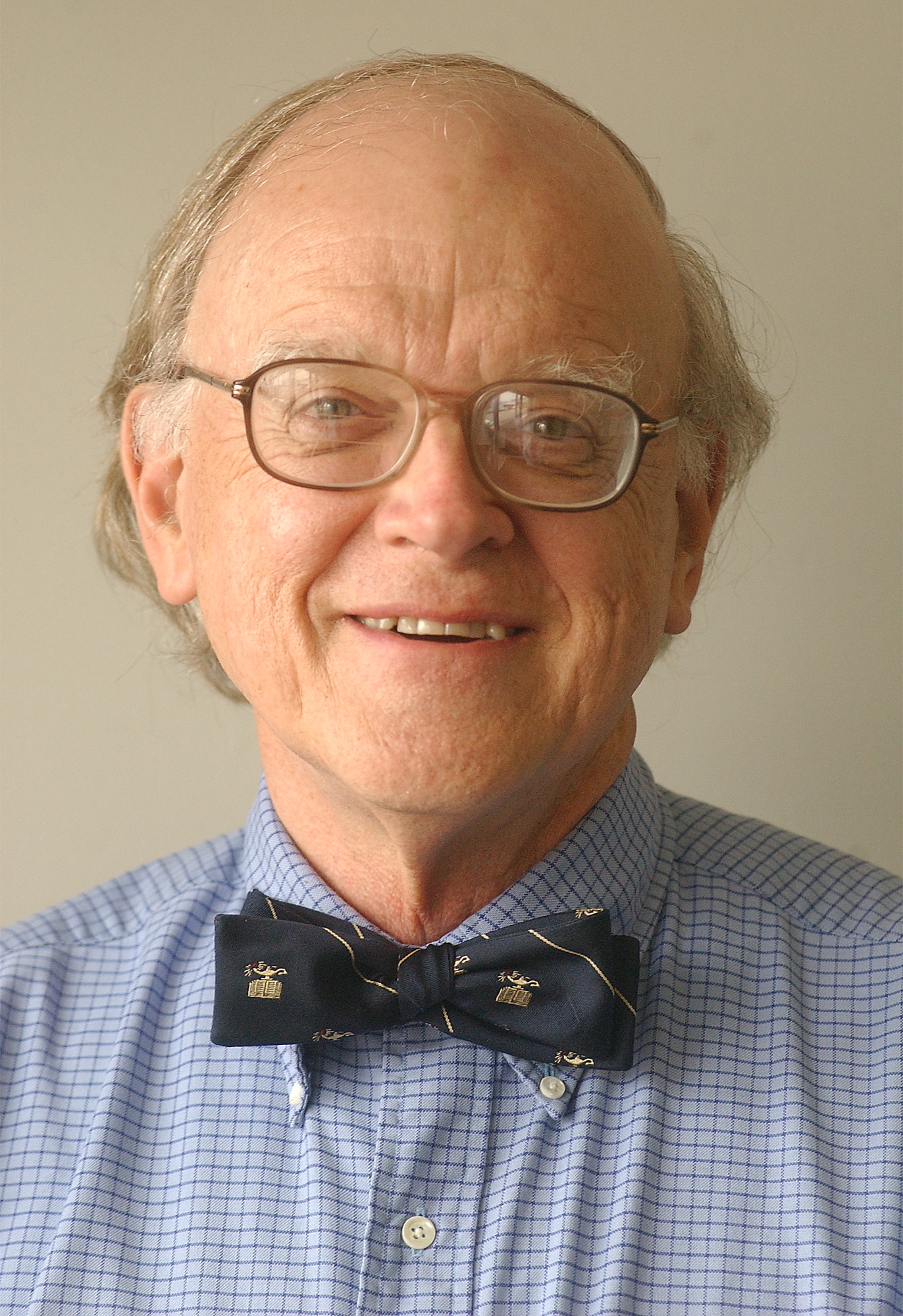On a magical afternoon in July 2003, my wife and I joined a throng in Westminster Hall in London to hear 85-year-old Nelson Mandela. The occasion was the launch of a foundation that would bring fresh opportunities for South African students to engage in university studies. The frail man seemed to speak without notes but with obvious passion.
In closing, he quoted from the preamble to the South African Constitution: "We the people of South Africa recognize the injustices of our past, honor those who suffered for justice and freedom in our land, respect those who have worked to build and develop our country, and believe that South Africa belongs to all who live in it, united in our diversity."
His remarks were preceded by addresses from former President Bill Clinton and British Prime Minister Tony Blair. These two would assist Mandela on the long walk from the dais to the entryway of the hall. Sustained applause accompanied his every step.
In the long and violent struggle against apartheid in his country, Mandela was viewed as public enemy No. 1 by the ruling, white class. He was convicted of conspiracy to overthrow the government and imprisoned for 27 years, much of the time in solitary confinement. He was freed in 1990 in response to massive, international pressure. Mandela was elected president of South Africa in 1994 when the first free and open national election was held. He chose to serve a single term to set a precedent.
Had he been vengeful, Mandela could have unleashed waves of violence against the supporters of racial segregation. Instead, he fostered the establishment of an investigative commission to seek reconciliation among all peoples of the nation. He was awarded the Nobel Prize for Peace in 1993 and, later, the U.S. Presidential Medal of Freedom.
The death of Mandela on Dec. 6 reminded me of our nation's history of racial injustices, some of which continue to the present. We are miles ahead of the strict segregation that characterized my boyhood and early adult life in Georgia and South Carolina. Later in life I encountered two black men close to my age who had grown up in my West Georgia hometown. As we compared experiences, I realized that we could have lived on separate planets. Fear of sudden violence, poor schools and repeated large and small slights and overt insults characterized their lives. Remarkably, each returned to the town for periodic family reunions.
Martin Luther King, Jr. was our equivalent to Mandela, leading the efforts of countless reformers to move America toward racial and ethnic equality. Although landmark legislation, such as the Civil Rights Act of 1964, removed many barriers to full citizenship, glaring inequalities remain.
In our community, public schools vary widely. Schools in wealthier neighborhoods have the latest in technology, lab equipment and libraries. In stark contrast, I have visited schools in poor, minority neighborhoods with appallingly outdated library books and science labs with inadequate, outdated equipment. The likelihood of students from minority neighborhoods graduating from high school is remote and from college even more so.
Racial disparities in health care persist with widely divergent life-expectancies among white, black and Latino communities.
Large gaps in income widen.
Legislatures in some Southern states, including Tennessee, impose new barriers to voting under the guise of preventing fraud at the ballot box.
As we reflect on the life and accomplishments of Nelson Mandela, we should paraphrase the South African constitution: We believe that America belongs to all who live in it, united in our diversity.
In terms of achieving equality we remain a work in progress.
Contact Clif Cleaveland at cleaveland1000@comcast.net.

